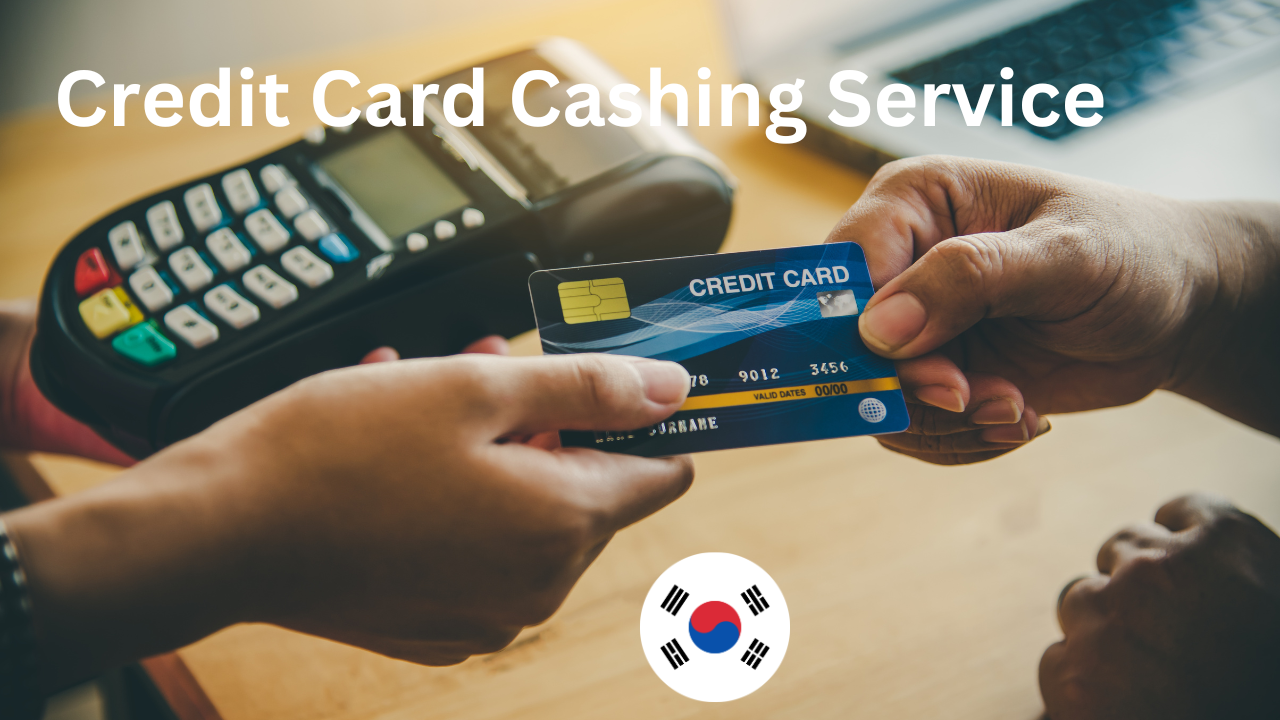E-commerce Business in Pakistan
E-commerce Business in Pakistan In recent years, the e-commerce industry in Pakistan has seen remarkable growth, presenting a golden opportunity for aspiring entrepreneurs. With the increasing adoption of digital technologies and changes in consumer behaviour, starting an e-commerce business in Pakistan is a promising venture. This comprehensive guide will walk you through the essential steps to establish and run a successful online store in Pakistan.
Understanding the E-commerce Landscape in Pakistan
Assessing the Market Potential E-commerce Business in Pakistan
Before diving into the world of e-commerce, it’s crucial to understand the market landscape in Pakistan. Pakistan’s e-commerce market has experienced rapid growth, with an annual increase of around 35% in recent years. This growth is attributed to increased internet penetration, changing consumer preferences, and the rise of digital payment methods. With a population of over 220 million, Pakistan offers a vast customer base that you can tap into.
Legal and Regulatory Framework to Start an E-commerce Business in Pakistan
To start an e-commerce business in Pakistan, navigating the legal and regulatory framework is essential. This includes business registration, tax regulations, and compliance with e-commerce laws. Consult with an expert or a business consultant to ensure you meet all legal requirements.
Choosing Your E-commerce Niche
Identifying Your Passion and Expertise
Selecting the right niche for your e-commerce business is a critical decision. Start by identifying your passion and expertise. What are you genuinely interested in, and where do you have expertise? Your love and knowledge drive your commitment and enthusiasm for your online store, essential for long-term success.
Market Research
Once you’ve identified your passion and expertise, conduct comprehensive market research to validate your niche selection. Look for market gaps, analyze your competitors, and identify trends that align with your chosen niche. Use tools like Google Trends and keyword research to understand your product or service demand.
Target Audience
Define your target audience. Understanding your potential customers’ demographics, preferences, and pain points will help you tailor your products, marketing, and customer service to their needs. Building buyer personas can be a valuable exercise in this step.
Setting Up Your Ecommerce Business
Business Structure and Registration
Decide on the legal structure of your business. Register your business with the concerned authorities, obtain licenses or permits, and open a business account.
Domain and Hosting
Choose a unique domain name for an e-commerce store. Register the domain and select a reliable hosting service. Your website’s performance and reliability are critical for a successful e-commerce business.
Website Development
Invest in a professional website that offers an intuitive user interface and a seamless shopping experience. You can use diffrent channels like Shopify, WooCommerce, or Magento to build your E-commerce website. Ensure it is mobile-responsive and optimized for search engines.
Sourcing Products and Inventory Management
Product Sourcing
Determine how you’ll source your products. You can choose from various options, including dropshipping, manufacturing your products, or purchasing inventory from wholesalers.
Inventory Management
Efficient inventory management is crucial for an e-commerce business. Implement inventory tracking systems and use inventory management software to monitor stock levels, streamline restocking, and prevent overstock or stockouts. Best inventory management can help you reduce costs and improve customer satisfaction.
Building a Strong Brand
Branding Strategy
Create a compelling brand identity that sets your e-commerce business apart. Your branding should reflect your values, mission, and the unique value you offer customers. This includes designing a memorable logo, choosing brand colors, and crafting a brand story.
Website Design and User Experience
Your website’s home page design and user experience play a vital role in branding. Ensure your website design aligns with your brand identity and focuses on delivering a user-friendly experience. Make it easy for customers to navigate, find products, and purchase.
Content Marketing
Content marketing and advertising is an effective way to build your brand’s authority and engage your audience. Create valuable blog posts, product descriptions, and social media post that educates and entertains your customers. High-quality and unique content can also boost your search engine rankings.
Marketing Your E-commerce Business
Social Media Marketing
use the power of social media platforms like Facebook, Instagram, and Twitter to reach a wider audience. Create engaging content, run targeted ads, and use social media marketing tools to manage your campaigns effectively.
Search Engine Optimization (SEO)
Invest in SEO to improve your website’s visibility on search engines like Google. Optimize your product listings, create high-quality content, and build backlinks to boost organic search traffic.
Paid Advertising
Consider running pay-per-click (PPC) advertising campaigns on platforms like Google Ads and Bing Ads. Paid advertising can help you to reach potential customers actively searching for products in your niche.
Providing Exceptional Customer Service
Customer Support
Offer excellent customer support by promptly responding to inquiries and resolving issues. Use email, live chat, and phone support to ensure customers can reach you easily.
Return and Payment Refund Policy
Clearly define your return and refund policy to build trust with customers. Make the process simple and transparent, and ensure you can handle returns efficiently.
Scaling Your E-commerce Business
Analyzing Data
Use analytical tools to monitor your website’s performance, track sales, and analyze customer behavior. Analytical insights can help you make informed decisions and refine your strategies.
Expanding Product Range
As your e-commerce business grows, consider expanding your product range to cater to a broader audience. Introduce complementary products or explore new niches to diversify your offerings.
Conclusion
Starting an e-commerce business in Pakistan in 2024 can be rewarding if you follow the right path and strategies and remain committed to delivering value to your customers. Remember that e-commerce success often requires patience and persistence.














